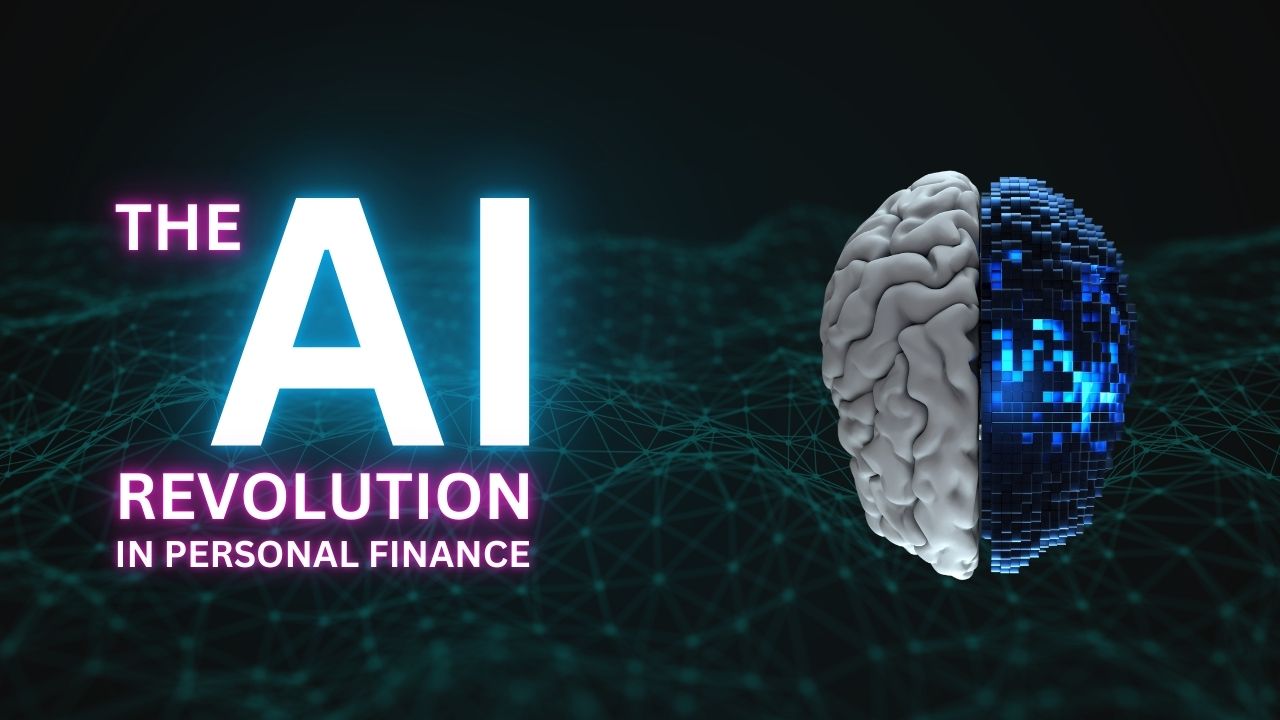The integration of Artificial Intelligence into personal finance has ushered in a transformative era that is fundamentally reshaping how individuals manage, grow, and protect their wealth. This technological revolution extends far beyond simple automation, offering sophisticated tools that were once exclusive to professional wealth managers, now accessible through smartphones and personal devices. AI-powered platforms are revolutionizing every aspect of personal finance, from basic budgeting to complex investment strategies. These intelligent systems automatically categorize expenses, analyze spending patterns, and provide real-time insights into financial behaviors, while simultaneously predicting future expenses and suggesting tactical adjustments to help users optimize their financial goals. The technology’s capability extends to intelligent bill management, handling routine financial tasks with unprecedented efficiency, including automated bill payments, expense tracking, and real-time balance monitoring, while predicting upcoming expenses and alerting users to potential cash flow issues before they materialize. In the investment realm, AI algorithms analyze individual risk tolerance, financial goals, and market conditions to create and maintain personalized investment portfolios, continuously monitoring and adjusting strategies based on market changes and personal circumstances. The technology offers dynamic financial guidance that evolves with the user’s changing financial situation, providing personalized recommendations for savings, debt management, and investment opportunities based on individual financial behaviors and goals. Security and risk management have been dramatically enhanced through AI systems that employ advanced algorithms to monitor transactions in real-time, identifying suspicious activities and potential fraud before they cause significant damage, while continuously learning from each interaction to improve their protective capabilities. These sophisticated AI models are also revolutionizing credit assessment by evaluating creditworthiness using alternative data points beyond traditional credit scores, making financial services more accessible to a broader population through analysis of multiple factors, including spending patterns, income stability, and payment history. The customer service aspect of personal finance has been transformed through virtual assistants and chatbots that provide round-the-clock support, answering queries and offering financial guidance whenever needed, while actively monitoring financial health and sending alerts about unusual spending patterns, investment opportunities, or potential financial risks. The convergence of AI with other emerging technologies like blockchain is creating more secure and efficient financial services, promising to revolutionize everything from payment processing to investment management. This democratization of financial services is breaking down traditional barriers to wealth management, making sophisticated financial tools and advice accessible to a broader audience regardless of wealth status. The economic impact is substantial, with projections suggesting banks and financial institutions could save up to $447 billion by 2023 through AI implementation, efficiencies that are translating into better services and lower costs for consumers. As AI becomes more integral to personal finance, institutions are focusing on maintaining algorithmic fairness and transparency, working to prevent bias in lending decisions and ensure equal access to financial services across all demographics. This AI revolution in personal finance represents a fundamental shift in how individuals interact with their money, offering unprecedented access to sophisticated financial tools and insights that were once reserved for financial professionals, ultimately empowering individuals to make better financial decisions, save more effectively, and build wealth with greater efficiency than ever before.
Artificial Intelligence is revolutionizing personal finance management through sophisticated tools and capabilities that enhance financial decision-making and automation. Here’s a comprehensive overview:
Core AI Applications in Personal Finance
Automated Budgeting and Expense Tracking
AI-powered tools analyze spending patterns and automatically categorize transactions, creating personalized budgets based on individual financial behaviors. These systems can identify spending trends and send alerts for unusual expenses or potential savings opportunities.
Smart Investment Management
AI analyzes market trends and provides tailored investment recommendations based on individual risk tolerance and financial goals. Platforms like Nutmeg and Moneyfarm offer AI-driven portfolio management and investment advice customized to user preferences.
Fraud Detection and Security
AI systems monitor transactions in real-time, identifying suspicious activities and potential fraud with remarkable accuracy. Recent advances have achieved fraud detection accuracy rates of 91.35% through sophisticated machine learning algorithms.
Personalization and Advisory Services
Hyper-Personalized Recommendations
AI analyzes user data to deliver customized financial solutions and product recommendations, such as suggesting appropriate savings plans based on spending patterns and life events.
24/7 Financial Assistance
AI-powered chatbots provide round-the-clock support, answering account queries and offering financial guidance. For example, Bank of America’s virtual assistant Erica has successfully handled over 50 million client requests.
Cost and Efficiency Benefits
Automated Task Management
AI reduces time spent on routine financial tasks through:
- Automated bill payments and subscription management
- Smart savings recommendations
- Instant transaction categorization
Enhanced Decision Making
AI systems analyze vast amounts of data to provide:
- Credit decisioning support
- Risk assessment
- Personalized financial planning
Future Developments
By 2025, AI in personal finance is expected to:
- Integrate more advanced predictive analytics
- Provide hyper-personalized financial coaching
- Enhance credit-building capabilities through strategic recommendations
The financial services sector anticipates AI will boost labor productivity by up to 40% by 2035, while potentially saving financial institutions $447 billion by 2023.


AI will take place all over. It’s really a topic to consider and worry about